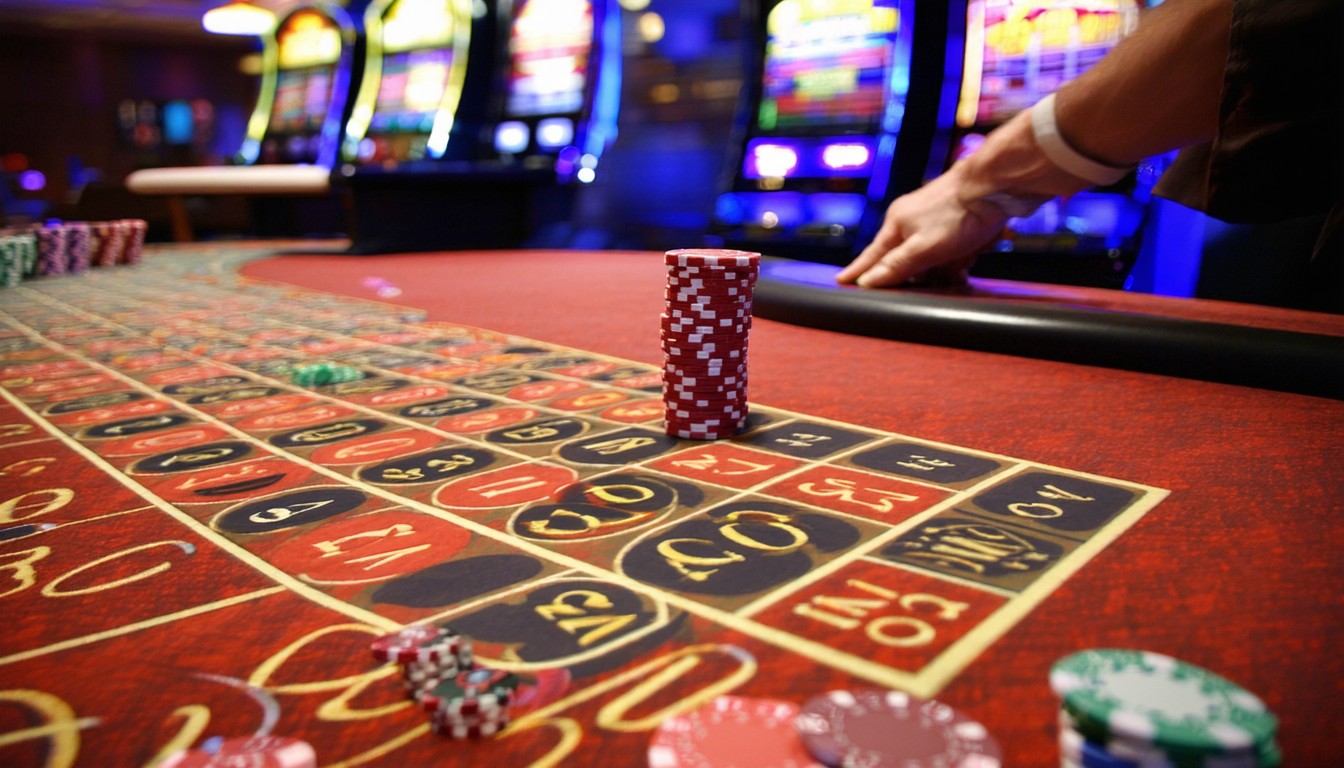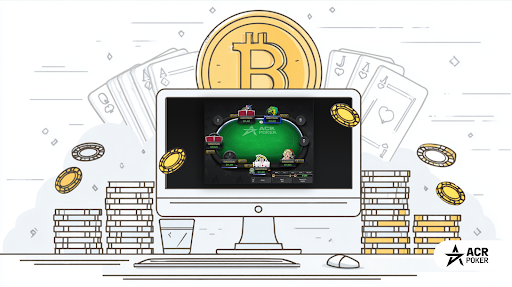Most casino players enter a gaming session for entertainment, accepting the risks as part of the thrill. However, when excitement becomes stress, or when losses start to mount beyond comfort, knowing when—and how—to let a casino USA know you need help with limits or time-outs can make all the difference between fun and financial harm. Understanding the signals and the available tools is central to practicing responsible gambling, both online and in brick-and-mortar casinos across the United States.
Why Responsible Gambling Tools Exist
For years, gambling operators and regulators in the USA have worked to balance business interests with player wellbeing. As online casinos grow and accessibility increases, the industry faces new challenges—especially as statistical studies have shown that a small but significant portion of players may develop problematic gambling habits.
Gambling regulators in states like New Jersey and Pennsylvania require licensed casinos to offer resources, including:
- Deposit, loss, wager, and session limits
- “Cooling off” periods or short-term time-outs
- Voluntary self-exclusion programs (often 1, 5, or lifetime bans)
- Links to help hotlines and counseling services
These measures aren’t just regulatory box-ticking—they are proven harm minimization tools. According to research cited by the National Council on Problem Gambling, timely intervention through limit-setting can significantly reduce the escalation of risky behavior, especially in digital environments where betting is always just a click away.
Key Warning Signs: When to Request Help
Recognizing when to step back is challenging, especially during a streak of intense play or emotional swings. Common red flags that may indicate it’s time to notify your casino for help with limits or a time-out include:
- Increasing frequency or duration of gambling sessions
- Chasing losses or betting more to recover lost funds
- Ignoring pre-set budgets or spending beyond one’s means
- Feelings of anxiety, guilt, or irritability related to gambling
- Concealing or lying about gambling activity to friends or family
Real-world scenarios abound. Consider the case of a player who realized weekly spend had tripled over six months—despite multiple attempts to cut back. Recognizing this, they activated a weekly deposit limit within their casino account, effectively curbing impulsive spending.
“Knowing when to use casino-imposed limits isn’t weakness. It’s a sign of self-awareness, and it’s a proactive strategy endorsed by mental health professionals and industry experts.”
— Dr. Emily Carter, Gambling Addiction Specialist
How and When to Notify a Casino USA
Integrating Limits Into Your Routine
Most US-regulated casinos, both physical and digital, provide easy access to account settings where you can:
- Set daily, weekly, or monthly deposit limits
- Restrict single session lengths
- Cap losses or wagering amounts
- Schedule automatic reminders or enforced breaks
The best practice is to utilize these features before gambling feels out of control. However, these tools are available anytime, and notifying the casino about your desire to impose new limits is confidential and immediate on most platforms.
Initiating a Time-Out or Self-Exclusion
If you sense gambling is becoming overwhelming, a time-out allows a pause—ranging from 24 hours to several weeks. During this period, casinos are required to block access to your account. Voluntary self-exclusion is a more serious, longer-term option; it can last from one year to a lifetime and is recognized across multiple casinos in participating states.
To request these interventions, players can:
- Visit the responsible gambling section of their online casino account or the front desk in a physical casino.
- Fill out an online or in-person form, usually requiring basic identification details.
- Confirm their request, after which casino staff or automated systems enforce the limit or exclusion.
Many casinos also provide hotlines or live chat with trained agents who can walk players through the process and explain the implications.
The Importance of Acting Early
While the majority of casino visitors do not develop gambling problems, early detection and intervention are vital. Research has shown that once risk-taking spirals into addiction, it becomes harder to regain control without professional support. Many treatment providers in the US note that self-imposed limits and time-outs, if used proactively, dramatically reduce the need for intensive clinical intervention later.
For those who are hesitant, remember: these tools are designed to help you gamble on your terms. Casinos genuinely do not penalize or stigmatize players for using responsible gaming options—in fact, reputable operators encourage it, since sustainable customer relationships are better for long-term business than reliance on unhealthy habits.
Support Beyond Limits: Where to Turn Next
If limits and time-outs are not enough, additional help is available. US casinos are required to display national helpline numbers, such as 1-800-GAMBLER, and provide resources including online self-help programs. Therapy, peer support groups, and financial counseling are widely accessible in most states.
It’s also common for casinos to partner with local organizations or sponsor community outreach efforts—forward-thinking operators recognize their societal responsibility extends well past profit margins.
Case Example: The Power of Self-Exclusion
A real-world illustration comes from a New Jersey player who, after repeated losses, opted for a one-year self-exclusion. Despite initial embarrassment, the enforced break allowed time to address underlying stressors and develop healthier financial habits. After the exclusion period elapsed, the player resumed occasional, low-stakes play—this time, using stringent deposit and time limits set from the outset.
Conclusion: Proactive Measures Protect Players
Responsible gambling starts with recognizing personal boundaries and leveraging available tools early. By notifying a casino USA for help with limits or time-outs, players reclaim control, protect their well-being, and maintain gaming as a fun, balanced activity. The industry’s growing embrace of player safety is not only a regulatory necessity but a critical aspect of modern customer care.
For anyone concerned about their play—or that of a loved one—taking preemptive action is not only smart; it’s supported every step of the way by regulators and casinos alike.
FAQs
What are the common types of gambling limits offered by US casinos?
US-regulated casinos typically offer deposit, loss, wager, and time (session length) limits, allowing players to manage how much time and money they spend.
How quickly are time-outs or exclusions enacted once requested?
Most online casinos process time-out and exclusion requests immediately, blocking access for the chosen period; physical casinos may require a short processing interval for paperwork.

Can I reverse a self-exclusion decision before the chosen period ends?
No, self-exclusions in most US states are binding for the full term requested. This helps ensure that the decision to take a break cannot be impulsively reversed.
Are my requests for limits or time-outs kept confidential?
Yes, both online and land-based casinos treat these requests as confidential. Your privacy is protected and the information is not shared outside necessary regulatory requirements.
What should I do if limits and time-outs aren’t helping?
Consider reaching out to a helpline like 1-800-GAMBLER or a qualified mental health professional. Additional resources, including counseling and support groups, are available in most states.
Is there a stigma attached to requesting help with gambling controls?
No; requesting help with limits or time-outs is seen as a proactive and responsible choice by both casinos and mental health professionals. It’s a step toward maintaining control and enjoying gambling safely.













Leave a comment